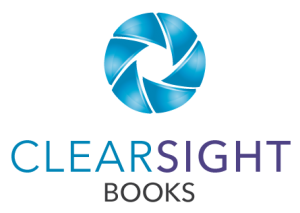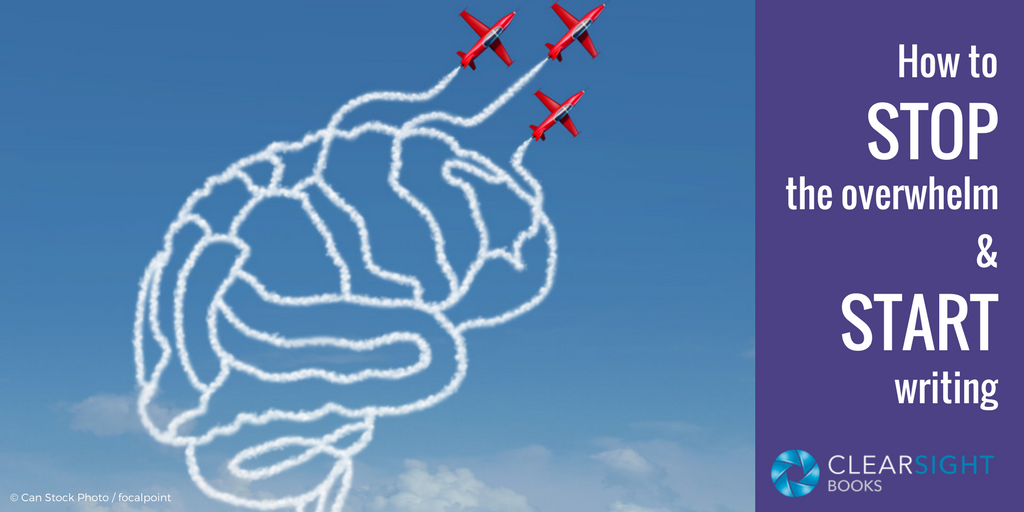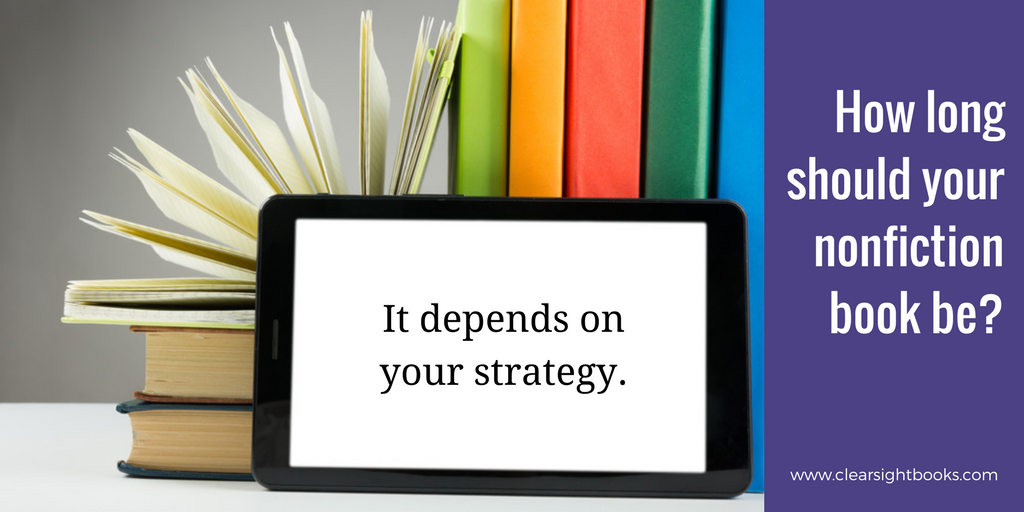Speeches and books have many similarities and one key difference to address in planning your book: the lack of real-time audience interaction. This post discusses implications for your book project and 3 tools to address the challenge.
How to Stop the Overwhelm and Start Writ...
The idea of writing a book can overwhelm even experienced writers. To stop spinning and start writing, go back to process basics and follow these tips to tame the many options that contribute to overwhelm.
Love of Learning: Guide or Obstacle?
Love of learning is the guide of life, says a famous motto. But if we’re not careful, love of learning can become an obstacle. Consider these 5 questions to determine whether you need more learning… or if you can safely jump ahead.
Thought Leadership: Pretentious or Profi...
Thought leadership can be an overused buzzword, but does it have value? Whether in marketing or influencing, I would argue yes. This article covers the two types of thought leadership, implications for thought leadership books, and thought leadership and differentiating values.
3 Ways to Create Bulk Book Sales
For many consultants, coaches, and speakers, bulk book sales offer flexiblility, visibility, and greater efficiency than individual book sales. To get you started, this post covers the basics and strategies for creating bulk book sales.
Does Your Book Quality Match Your Brand ...
Your business will be judged on the quality of your book. As a result, your book quality strategy should align with your brand promise. Here are 3 case studies that illustrate how it works.
Speaking & Books: Magic Momentum
By writing a book, professional speakers gain advantages in marketing, sales, product development, and client relationships. It all becomes a virtuous cycle that builds momentum for you and your business.
Book Quality: Lessons from Judging Jane
What can you learn about book quality from judging high school essays? A lot, it turns out. This post explains the importance of strong content, clear structure, solid craft, and good design.
Paying Attention to Distractions
We find ourselves easily distracted on a daily basis. But sometimes a distraction is something we should pay attention to, to become better humans in life and business.
How Long Should Your Nonfiction Book Be?
The “ideal” book length depends not only on your content, but on strategy: your goals, your audience, your publishing path, and your book format.
Avoid Distractions: Focus Your Readers o...
When it is critical to get your message across, avoid distractions. Extra information, verbal tics, overly exuberant punctuation–it all needs to go. Here’s how to give those reader distractions the boot.
Excessive Irritation: A Little Bit Goes ...
A dash of excess in writing is like eating a rich candy bar–yum. But when you eat the entire 6-pack, you get a tummy ache. Are you being excessive? This post helps you spot 6 over-the-top practices to prune from your writing.













